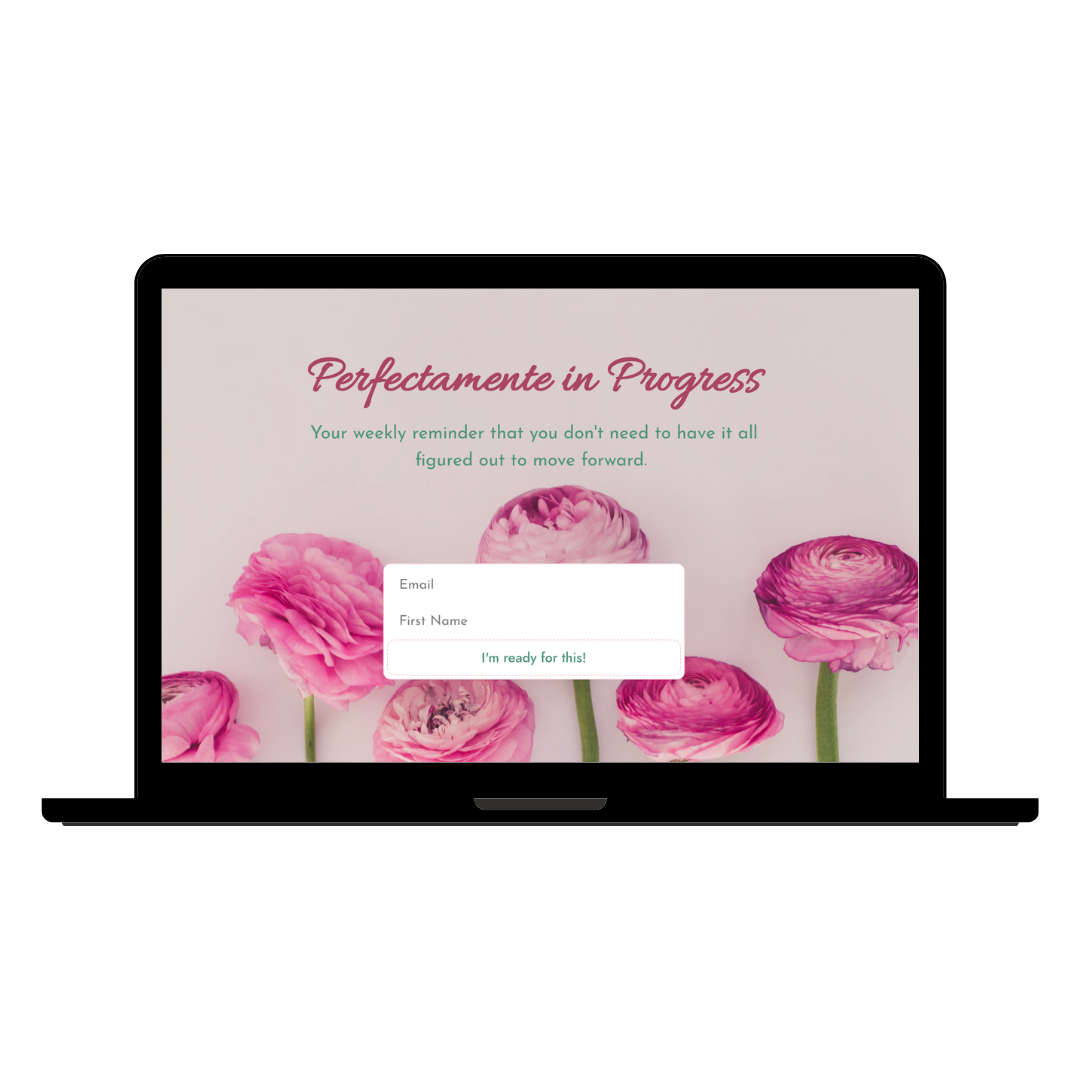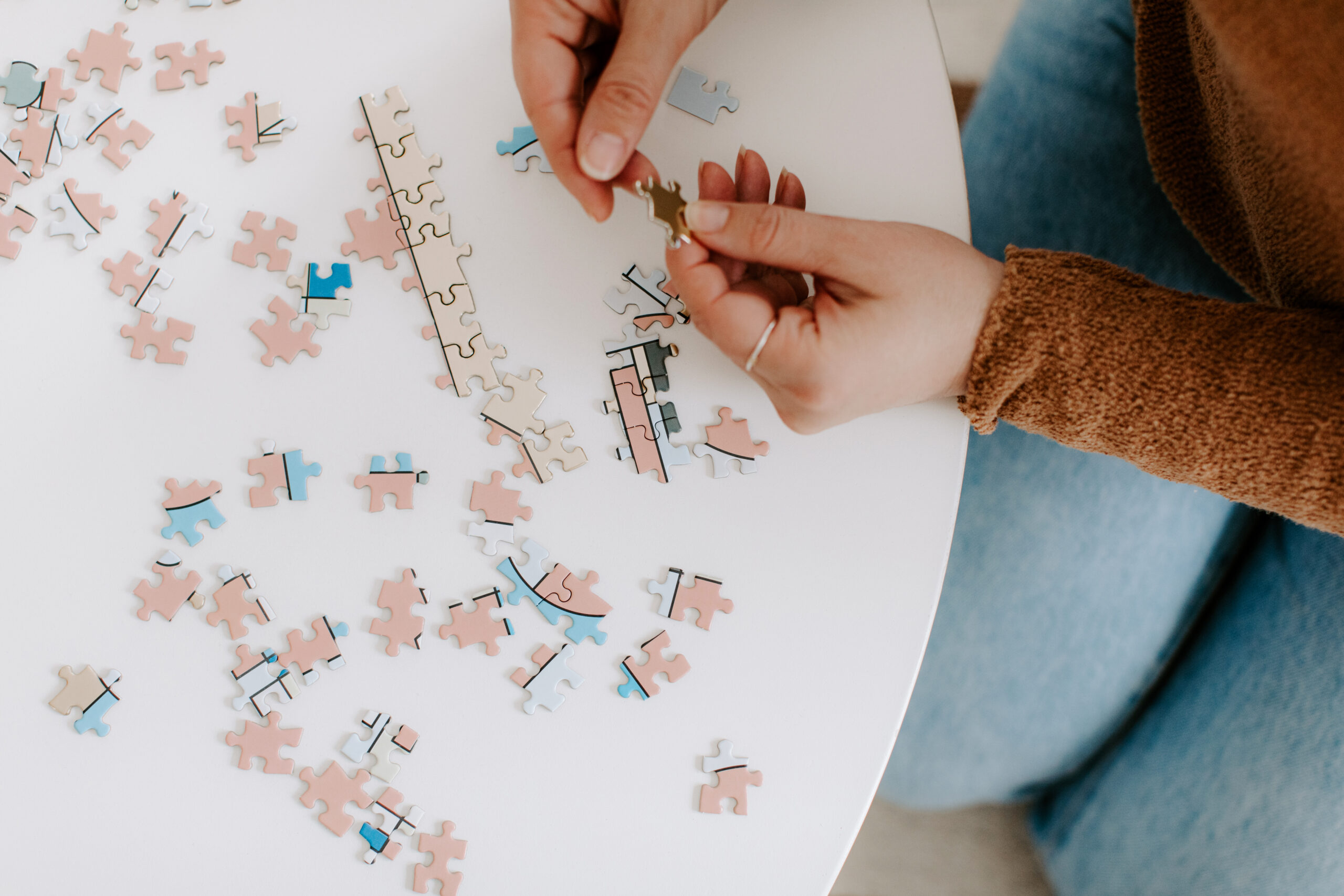How to Embrace Discomfort When Your World Shifts Overnight
You wake up one Tuesday morning thinking it’s going to be a normal day, and then you get the phone call. The diagnosis. The layoff notice. The breakup text. The family emergency. Suddenly, the life you were living yesterday feels like it belongs to someone else, and you’re standing in the wreckage wondering how everything changed so fast.
Maybe it’s not that dramatic—maybe it’s a slow-building realization that the job you thought you loved is making you miserable, or the relationship you’ve been in for years isn’t working anymore. Either way, you’re facing a truth that changes everything: your world as you knew it is over, and you have no idea what comes next.
Here’s what I’ve learned about these moments: the discomfort you feel isn’t a sign that something’s wrong—it’s a sign that something important is happening. When your world shifts overnight, whether by choice or by force, embracing that discomfort becomes the pathway to building something new and potentially better than what you had before.
But embracing discomfort doesn’t mean pretending to like it or rushing to the other side. It means learning to be present with uncertainty, to find your footing when the ground feels unstable, and to trust that you can handle whatever comes next—even when you have no proof of that yet.
Why Sudden Change Feels So Devastating
Before we talk about embracing discomfort, let’s acknowledge why sudden shifts feel so earth-shattering in the first place.
We’re wired for predictability. Our brains are constantly trying to predict what comes next so we can feel safe and in control. When something major changes unexpectedly, our nervous system goes into overdrive trying to figure out the new rules of our reality.
We lose our identity anchors. So much of how we see ourselves is tied to our circumstances—our job, our relationship status, our health, our living situation. When these change suddenly, we can feel like we don’t know who we are anymore.
The future becomes unclear. When you can no longer predict next week, next month, or next year, it can feel like you’re floating in space with no gravity to orient you.
We grieve the life we thought we were going to have. Even when change leads to something better, there’s real loss involved. The future you had been planning, the routine you had settled into, the identity you had built—all of that needs to be mourned before you can build something new.
This is especially complex if you’re someone who’s worked hard to create stability in your life. Maybe you’re the first in your family to reach certain milestones, or you’ve been the “responsible one” who always has a plan. When your world shifts unexpectedly, it can feel like all that careful building was for nothing.
The Art of Embracing Discomfort
Here’s the thing about discomfort during major life transitions: it’s not something to cure or fix—it’s something to learn from and move through. Embracing discomfort doesn’t mean you have to like it, but it does mean you stop fighting it so hard that you exhaust yourself.
Let Yourself Feel ALL of It
When your world shifts overnight, your first instinct might be to jump into action mode—update your resume, make a plan, figure out the next steps. While practical action is important, don’t skip the feeling part.
Give yourself permission to grieve. Even if the change turns out to be positive, you’re still losing the life you thought you were going to have. That loss deserves acknowledgment.
Don’t rush to the silver lining. People will want to comfort you with “everything happens for a reason” or “this is a blessing in disguise,” but you don’t have to find meaning or gratitude immediately. Sometimes things just suck for a while, and that’s okay.
Feel the feelings without making them permanent. “I’m devastated right now” is different from “My life is ruined forever.” You can acknowledge the intensity of your current emotions without assuming they’ll last forever.
Let others witness your process. Don’t try to be strong for everyone else’s comfort. Find people who can sit with you in the discomfort without trying to fix it or rush you through it.
Do One Productive Thing Per Day
When everything feels chaotic, doing something—anything—that moves you forward can help you feel less powerless.
Start incredibly small. On days when updating your entire LinkedIn profile feels overwhelming, maybe you just save one job posting. When planning your entire future feels impossible, maybe you just research one option.
Focus on what you can control. You can’t control the fact that you got laid off, but you can control whether you shower today. You can’t control your diagnosis, but you can control whether you call that specialist. Small acts of agency add up.
Celebrate micro-progress. Getting dressed and leaving the house counts as an achievement when you’re reeling from major change. Don’t underestimate the power of tiny forward movements.
Make it physical when possible. Sometimes the most productive thing you can do is take a walk, organize a drawer, or do something that engages your body. Physical action can help when your mind feels stuck.
Reframe the Story You’re Telling Yourself
The stories we tell ourselves about sudden change often make the discomfort worse than it needs to be. While you can’t control what happened, you can examine the narrative you’re creating around it.
Notice victim language vs. protagonist language. “This happened to me” keeps you powerless. “I’m navigating this situation” puts you back in the driver’s seat, even when you didn’t choose the destination.
Practice both/and thinking instead of either/or. Instead of “This is a disaster,” try “This is really hard AND I’m learning I can handle more than I thought.” Both things can be true simultaneously.
Separate facts from interpretations. “I got laid off” is a fact. “I’m a failure” is an interpretation. “My relationship ended” is a fact. “I’ll never find love again” is an interpretation. Facts you can work with; interpretations often just create additional suffering.
Consider multiple possible futures. When you can only imagine worst-case scenarios, intentionally brainstorm neutral and positive possibilities too. You don’t have to believe they’ll happen, but opening your mind to different outcomes can reduce anxiety.
Ask for Help (and Be Specific)
One of the hardest parts about sudden change is that it can make you feel incredibly alone. But this is exactly when you need community most, even if asking for help feels vulnerable or scary.
Be specific about what you need. “Let me know if you need anything” is well-meaning but not very helpful. Instead, tell people exactly what would be useful: “Can you help me practice interviewing?” or “Would you mind just sitting with me while I make these difficult phone calls?”
Accept different types of support. Some friends will be great for practical help, others for emotional support, others for distraction. Don’t expect one person to meet all your needs during a crisis.
Let people show up for you. When your world has shifted, it’s easy to feel like you’re a burden. But most people want to help when someone they care about is struggling—you’re giving them an opportunity to be a good friend.
Consider professional support. Therapists, career counselors, financial advisors, medical specialists—sometimes the discomfort of major change requires expertise you don’t have, and that’s completely normal.
Protect Your Energy from Toxic Positivity
When you’re going through a major life shift, people often respond with toxic positivity—immediate attempts to make you feel better that actually invalidate your experience.
Recognize toxic positivity when you see it:
- “Everything happens for a reason”
- “At least [minimizing statement]”
- “You should be grateful because…”
- “Just think positive”
- “This is a blessing in disguise”
Prepare responses that protect your process:
- “I appreciate you wanting to help. Right now I need to feel this fully before I can look for silver linings”
- “I know you mean well. I’m not ready for the lesson yet—I’m still processing the experience”
- “Thanks for caring. What would help most is just acknowledgment that this is really hard”
Find people who can sit with discomfort. The friends who say “This sucks and I’m here for you” are worth their weight in gold. Invest your energy in relationships that can handle your humanity.
Building Resilience in Real Time
Create Anchors in the Chaos
When everything feels uncertain, having a few consistent touchstones can help you feel more grounded.
Maintain some routines. Even if your whole life has changed, keeping a few small routines (morning coffee, evening walk, weekly call with a friend) can provide stability.
Connect with your values. When you don’t know what comes next professionally or personally, remembering what matters most to you can help guide decisions.
Use familiar comforts. This isn’t the time to challenge yourself with new foods, new environments, or new social situations. Lean into what feels safe and comforting.
Create physical anchors. Maybe it’s carrying a meaningful object in your pocket, wearing a piece of jewelry that grounds you, or having a special candle you light when things feel overwhelming.
Practice “Both/And” Living
One of the most important skills for navigating sudden change is learning to hold contradictory truths simultaneously.
You can be scared AND excited about what comes next.
You can be grateful for the good things in your life AND devastated by what you’ve lost.
You can be confident in your abilities AND uncertain about your future.
You can be hopeful about eventual outcomes AND completely overwhelmed by the present moment.
This both/and thinking prevents you from getting stuck in all-or-nothing emotional states that make discomfort harder to bear.
Trust Your Capacity for Adaptation
Here’s something that might help when you’re in the thick of unwanted change: you’ve survived 100% of your difficult days so far. Your track record for getting through hard things is actually perfect.
Remember other times you’ve adapted. Think about previous changes that felt impossible at the time but that you eventually navigated. What strengths did you discover? What surprised you about your own resilience?
Notice what you’re learning about yourself. Major disruptions often reveal capabilities you didn’t know you had. Maybe you’re discovering you’re braver than you thought, or more resourceful, or better at asking for help.
Trust your future self. You don’t have to figure out everything from where you are right now. Future you will have information, perspective, and capabilities that current you doesn’t have access to yet.
Finding Meaning Without Rushing the Process
Eventually—not immediately, but eventually—you might start to see gifts in the unwanted change. Maybe getting laid off led you to a career that fits better. Maybe the health scare motivated lifestyle changes that improve your overall well-being. Maybe the relationship ending made space for something more fulfilling.
But here’s what’s important: you don’t have to find the meaning right away. You don’t have to be grateful for the disruption while you’re still reeling from it. You don’t have to pretend the change was a blessing when it still feels like a curse.
The meaning-making can come later, when you’re ready. Your job right now is just to be present with what is, to take care of yourself through the transition, and to trust that you can handle whatever unfolds.
Your Discomfort Navigation Plan
If you’re currently dealing with a major life shift, here’s your week-by-week approach:
Week 1: Survival Mode
- Feel all the feelings without judgment
- Do one small productive thing each day
- Accept help from people who offer it
- Don’t make any major decisions if you can avoid it
Week 2: Stabilizing
- Establish a few simple routines
- Practice asking for specific types of support
- Begin separating facts from interpretations
- Focus on what you can control
Week 3: Exploring
- Start brainstorming multiple possible futures
- Take small actions toward understanding your options
- Notice what you’re learning about your own resilience
- Practice both/and thinking
Week 4: Building
- Begin making small decisions about moving forward
- Identify what anchors and values will guide you
- Celebrate the progress you’ve made in navigating uncertainty
- Trust that you can handle whatever comes next
Remember: there’s no timeline for processing major change. Use this as a loose framework, not a rigid schedule.
The Gift of Forced Growth
Here’s what I’ve learned about sudden life shifts: they’re almost never what we would choose, but they often lead us to places we couldn’t have imagined on our own. When your world shifts overnight, you’re forced to discover parts of yourself that only emerge under pressure.
The discomfort you’re feeling isn’t a sign that you’re doing anything wrong—it’s a sign that you’re growing in ways that your old life couldn’t accommodate. Embracing that discomfort doesn’t mean you have to like it, but it does mean you can stop fighting it long enough to learn what it has to teach you.
Your life after this shift won’t be the same as your life before it. But it doesn’t have to be worse—it just has to be different. And sometimes, different turns out to be exactly what you needed, even if you never would have chosen it.
Remember: Your ability to adapt to change is one of your greatest strengths. Even when you can’t see it yet, you’re building something beautiful from the pieces of what was.
Subscribe to the Newsletter








